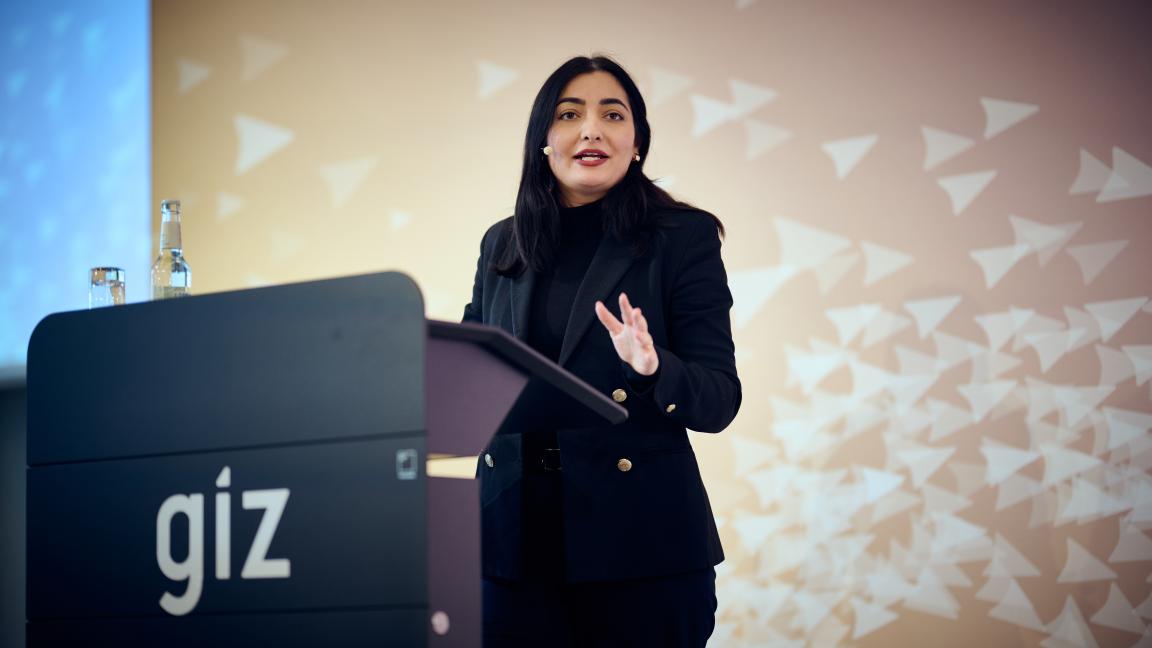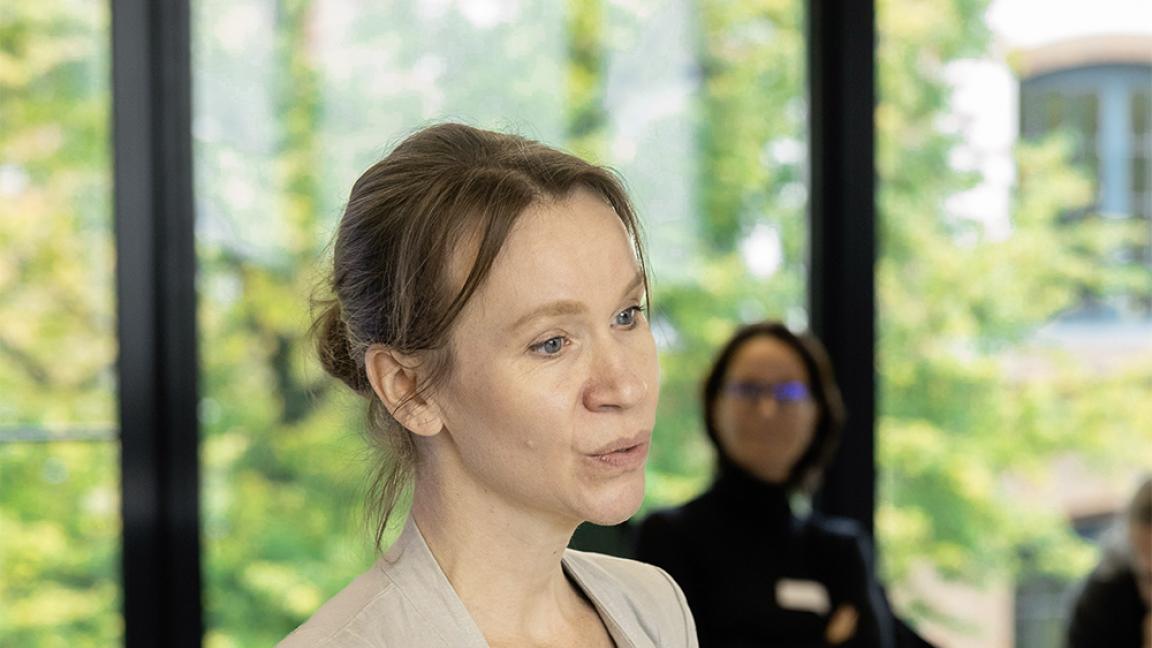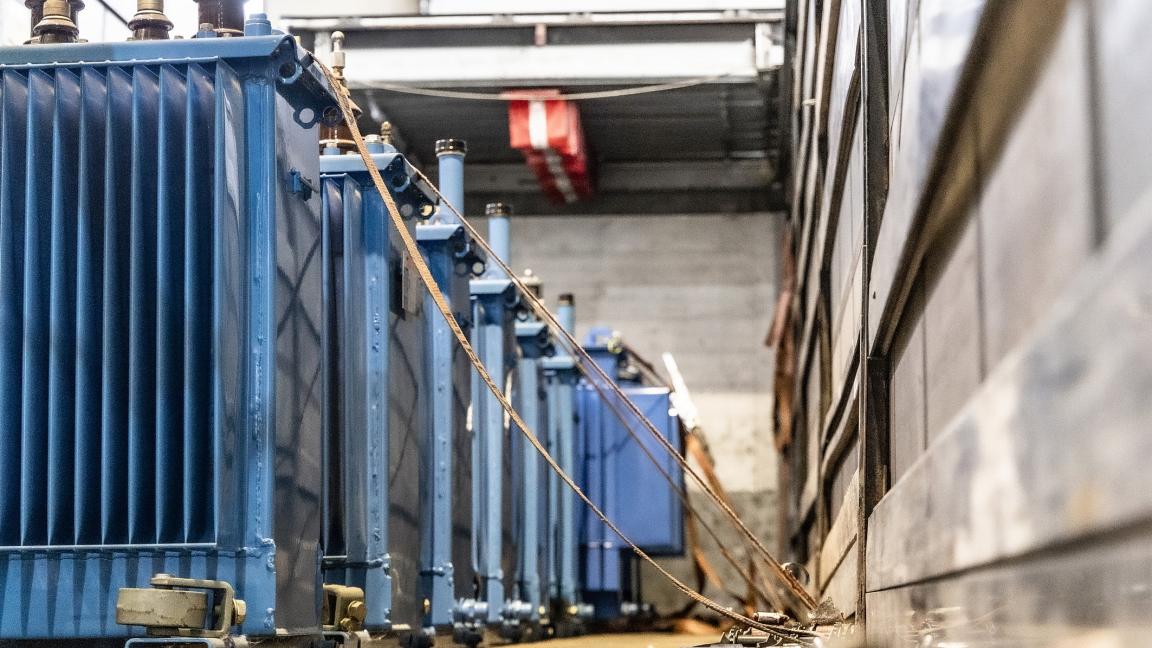The Deutsche Gesellschaft für Internationale Zusammenarbeit (GIZ) GmbH has been supporting Ukraine since 1993. It has had an office in Kyiv since 2009 and operates across the country.
Since 2022, Ukraine has been defending itself against Russia’s all-out war of aggression, which has shaken the country as well as peaceful order and security in Europe: hospitals, schools and administrative buildings have been destroyed in many communities. Millions of Ukrainians have suffered physical injury or psychological trauma. The energy system is so severely damaged that many people have no electricity at times. The economy is also suffering: sales are collapsing, there is an absence of investment, urgently needed skilled workers have left the country or are fighting on the front line. Ukraine therefore needs partners, investment and expertise if it is to remain resilient.
The Deutsche Gesellschaft für Internationale Zusammenarbeit (GIZ) GmbH is providing extensive support for efficient and long-term reconstruction on behalf of the German Government, the European Union (EU) and other donors. It operates in the following areas:
- Good living conditions and good governance
- Secure energy transition and climate action
- A well-performing economy
GIZ is working to ensure that those affected by war receive medical support and psychosocial counselling, enabling them to participate as fully as possible in social life. GIZ is also cooperating with communities on the long-term reconstruction of destroyed infrastructure such as schools and hospitals. Its efforts promote local self-responsibility, transparency and the rule of law. In this way, assistance is reaching those who need it.
GIZ is providing support to repair destroyed power and heat supply systems and to expand renewable and decentralised energy sources. It is also advising the Ukrainian Government on sustainable energy systems in line with EU standards, energy efficiency and climate neutrality.
A functioning economy brings inward investment and creates jobs. GIZ is therefore stabilising the Ukrainian economy by training skilled workers, promoting small and medium-sized enterprises and dismantling trade barriers with the EU.
In all its activities, GIZ is focused on Ukraine’s EU accession plans. It supports Ukrainian partners in meeting EU requirements. For example, GIZ is supporting reforms on trade, energy regulation and climate action.
Ukraine in brief
Insights


